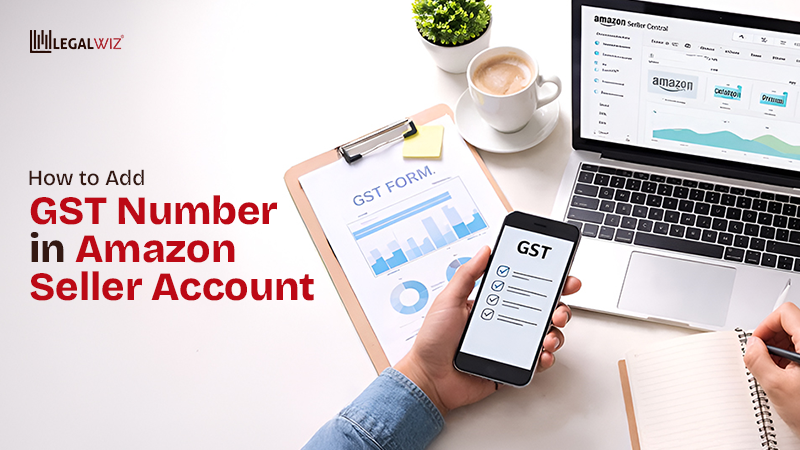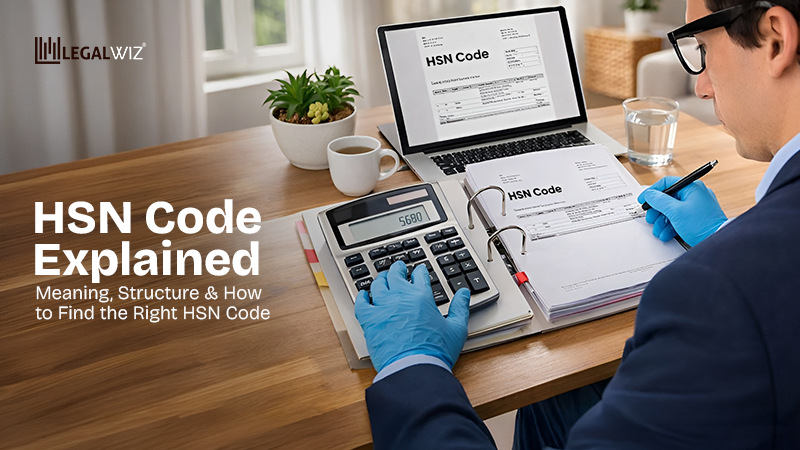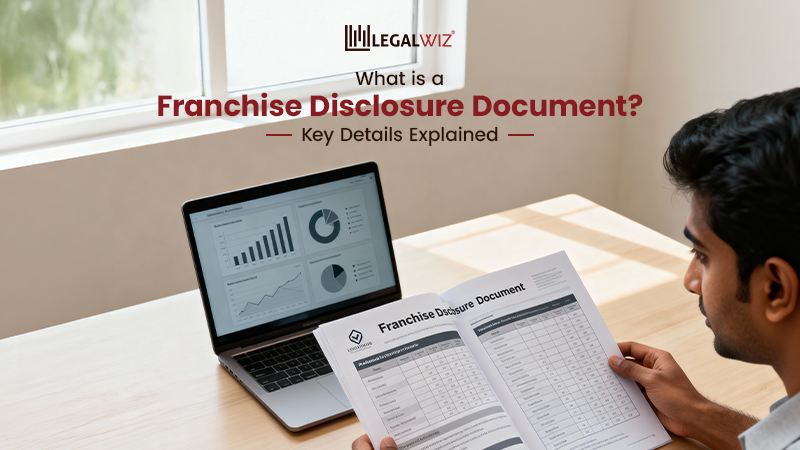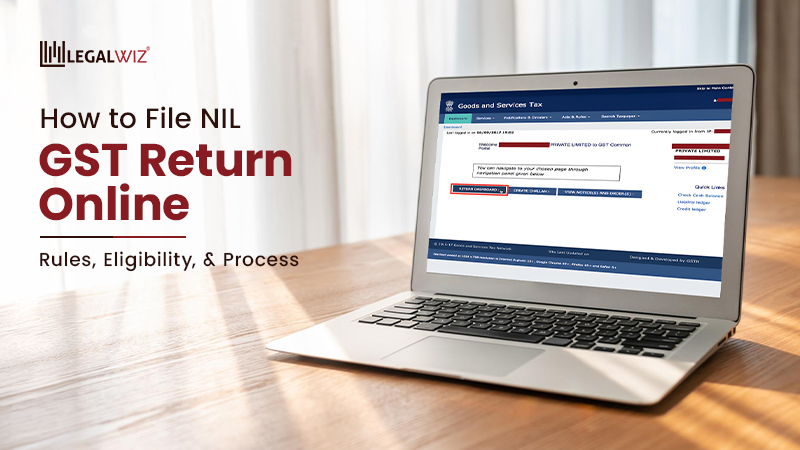Extraordinary General Meeting: Purpose, Rules & FAQs
Introduction
An Extraordinary General Meeting (EGM) may be described as a shareholder’s meeting and not the Annual General Meeting of shareholders (AGM). In other words, all general meetings post company registration other than the annual general meetings are called extraordinary general meetings.
When a significant business happens between two yearly meetings requiring shareholders’ approval, an exceptional general assembly can be held.
Matters that are dealt with in an EGM
- It has been provided in the Companies Act, 2013 that any business that is considered in the extraordinary general meeting shall be considered as special business.
- There are different roles attached to EGM. EGM is used to remind the board about such relevant problems. It also grants the company the responsibility to provide shareholders with further detail on the matters to be transacted in an explanatory statement.
- The explanatory statement has an announcement attached to it that contains relevant information, such as the existence of the concern or interest, which may be financial or otherwise.
- It also provides details and facts that will help the participants understand the importance and consequences of the organization and the scope of business transactions and make decisions.
The Function of Extraordinary General Meeting
An EGM has a dual function. Firstly, an EGM would allow you to understand specific key issues relating to the business and, if needed, make you attend the meeting whenever possible. Secondly, it sets out to provide the shareholders, in the form of an explanatory statement, more detail about the matters to be transacted at the EGM.
In addition to the notice of the extraordinary general meeting, the explanatory statement includes typically details such as:
- The essence of the company or interest, whether financial or otherwise.
- Knowledge and facts help members to understand the intent, scope, and consequences of business items and to make decisions.
When can an extraordinary general meeting be called?
If the business to be transacted is urgent and can not be conducted until the next annual general meeting, an extraordinary general meeting can be called.
Who can organize/call EGM?
The following members of the company may call for EGM.
1) The Board ‐ The Board may convene an extraordinary general meeting on its motion.
2) The Director ‐ A director may call an EGM, and if they are called at a time and not in India, then the director capable of acting and appropriate numbers must be called for the quorum.
3) The Board of appealing an EGM in response to the request submitted by its members under Section 100 of Companies Act 2013 – The Board shall have a period of 21 days to appeal for an EGM upon receipt of a valid request. The EGM must then be held 45 days from the date of the appeal of the EGM.
4) The requisitionists themselves may appeal – In the event that the Board does not demand an EGM, the requisitionists may themselves call for an EGM within three months after the date of the deposit of the request. If the EGM takes place during this defined span of 3 months, it can be postponed three months to any future day.
5) Tribunal ‐ The Tribunal or the NCLT may call an EGM.
Who are the Requisitionists?
- A company’s members/shareholders may convene an extraordinary general meeting.
- However, only those representatives with a significant stake in the organization may call for an EGM.
They are listed in the Companies Act,2013, as follows.
- If a corporation holds a share capital, representatives who do not hold less than one-tenth of the paid-up capital of the company and holding voting rights in this matter on the date of receipt of the request;
- In the case of a corporation that does not have a share capital, members hold at least one-tenth of the total voting power in this respect as at the date on which the application is deposited.
Essentials of a Valid Requisition
The essential elements of a legitimate request are listed below:
- The reason or issue to be mentioned for which the meeting is held
- Signatures of all the requisitionists.
- The same must be deposited at the registered office of a business.
Requirements for holding an EGM
- Members must be given a notice period of 21 days.
- There is an exception to this rule, however. Where 95% of the voting members agree, the EGM can be held at a shorter notice.
Quorum Required for EGM
- Unless otherwise specified in the company’s Articles, the following number of members is required for a quorum.
- For a public enterprise: five persons present; and
- For any other company: two members present personally.

Maulik Raval
Maulik Raval pursuing Company Secretary is associated with Legalwiz.in as Operational Executive of Company. He is handling various MCA related compliance, Matter related to Trademark registration and GST registration and return filling.







